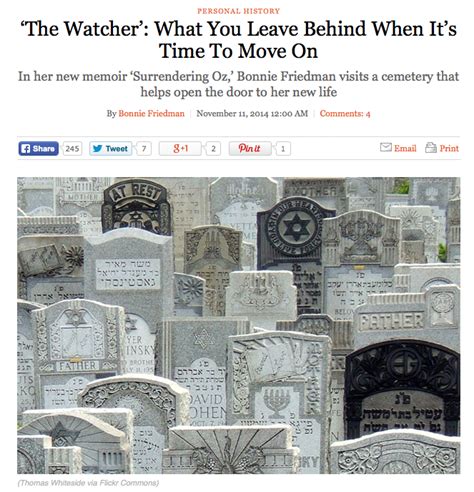A Quote by Jennifer Egan
When I pick up a book that's, you know, wreathed in laurels, I expect a lot, and that doesn't give the book its best chance to shine.
Related Quotes
It's so exciting when a book catches traction you didn't even expect (or completely did expect!), and so frustrating when a book never quite catches the traction you know it deserves. But either way it doesn't change the book, it doesn't change how much I love that book, or how thrilled I am to be publishing it.
You will want a book which contains not man's thoughts, but God's - not a book that may amuse you, but a book that can save you - not even a book that can instruct you, but a book on which you can venture an eternity - not only a book which can give relief to your spirit, but redemption to your soul - a book which contains salvation, and conveys it to you, one which shall at once be the Saviour's book and the sinner's.
You have to read a lot so you know what good writing looks like and you get inspired. You have to write a lot because it's like a sport - you have to practice. And, also, you have to persevere. Don't give up. I got rejected on my first book, like, 14 times, but I just kept going. So believe in yourself and don't give up.
Well, right now I'm not dead. But when I am, it's like...I don't know, I guess it's like being inside a book that nobody's reading. [...] An old one. It's up on a library shelf, so you're safe and everything, but the book hasn't been checked out for a long, long time. All you can do is wait. Just hope somebody'll pick it up and start reading.





































